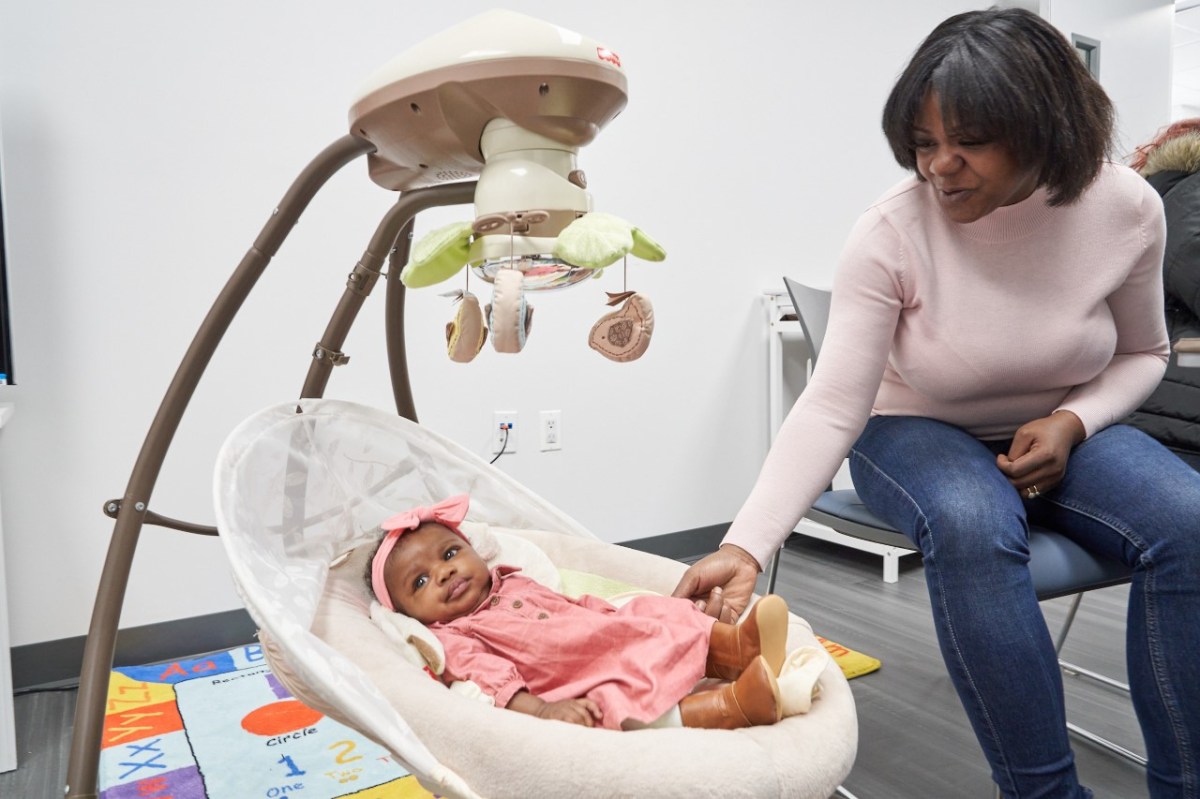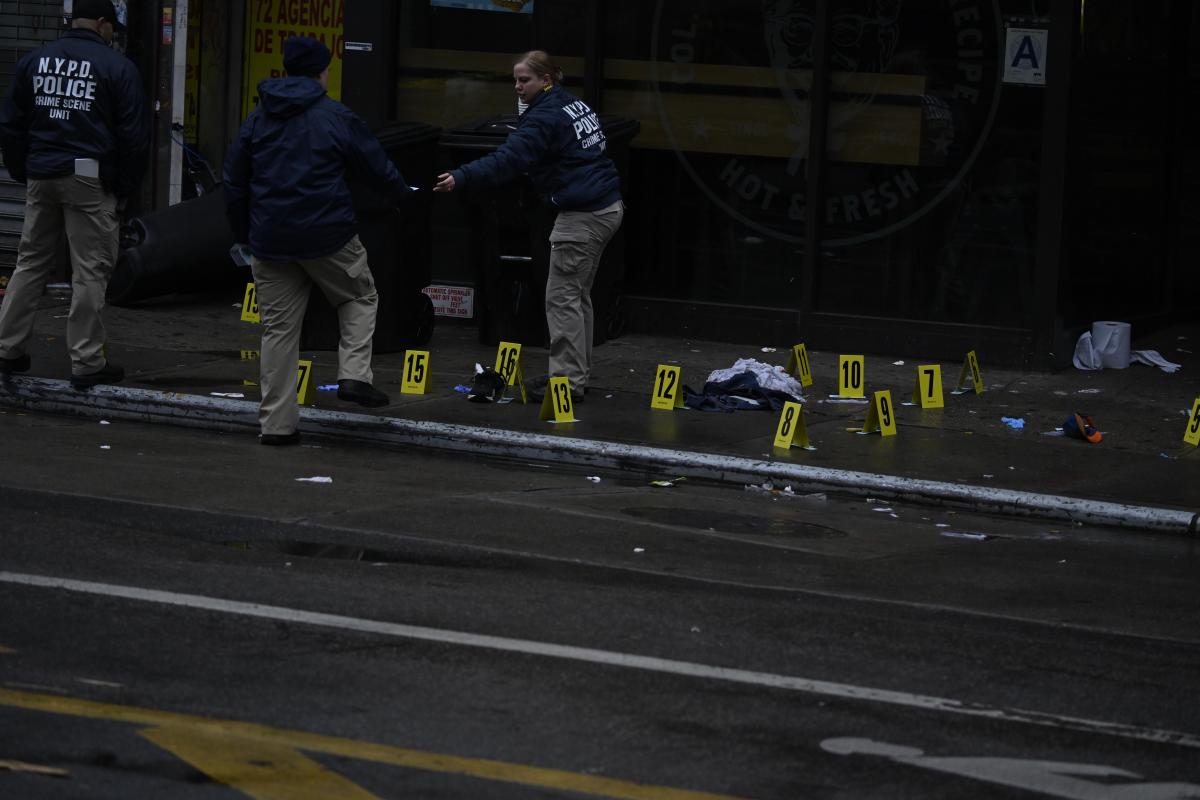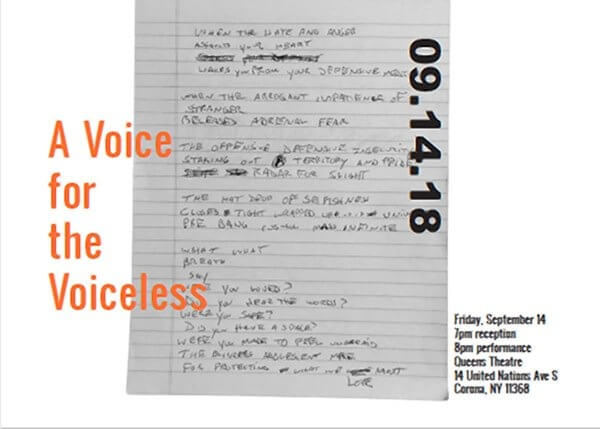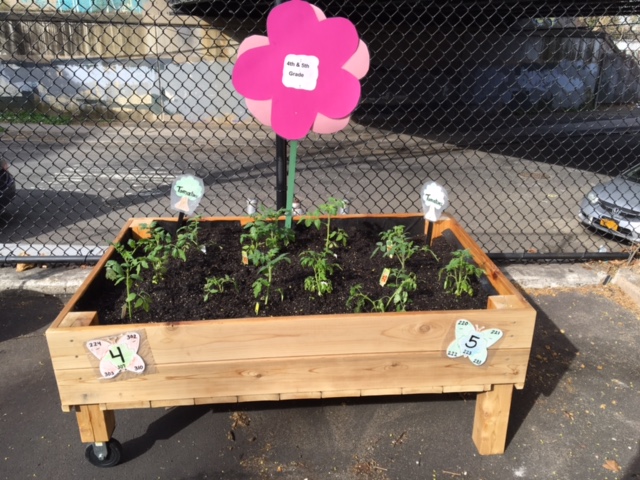The Child Center of New York (CCNY) has been operating in Queens since 1953, becoming a pillar in the borough by providing a variety of services centered around mental health.
CCNY has over 50 different locations and 100 programs throughout the city, with 40 in Queens. The nonprofit focuses on behavioral health, youth development, residential services, family support and more, serving over 43,000 children and families.
With over a $92 million operating budget, CCNY receives most of its funding from federal and state Medicaid as well as grants and private fundraising. Most recently, the New York Community Trust, a public charity, gave $175,000 in grant money to CCNY to expand mental health services for young people in Queens.
“Because the pandemic has affected the mental wellbeing of so many New Yorkers, particularly children, our grantmaking has prioritized access to high-quality, affordable services for young people in Queens and across the city,” said Irfan Hasan, The New York Community Trust’s vice president for grants.
CCNY’s behavioral division consists of three family wellness facilities in Flushing, Woodside and Jamaica. These sites also have 13 satellite programs in schools and community centers around the borough to access young people in need of mental health services.
Each of these three centers is partnered with the New York State Office of Mental Health and the Office of Alcohol and Substance Abuse to provide integrated mental health, substance abuse and primary care services. The three sites — Macari Family Wellness Center, Jamaica Family Wellness Center and the Woodside Family Wellness Center — have two primary care offices where they perform vaccinations, physicals and more.
Traci Donnelly, chief executive officer, said that CCNY prioritized integrated services to ensure accessibility for community members.
“We wanted to create a one-stop shop for parents,” Donnelly said. “I have four kids, trying to coordinate and get to all of your appointments and all of their appointments is [difficult.] We felt we would have better outcomes if we were to put all the services under one roof.”
The Macari Family Wellness Center provides prenatal care, focusing on building parental bonds and breaking cycles of trauma or abuse.
“It’s really to support parents that could be potentially at risk for postpartum depression,” Donnelly said.
After a $2.9 million grant from the Substance Abuse and Mental Health Services Administration, CCNY is expanding the Woodside clinic to boost its intensive outpatient program for teens who are at risk of self-injury or suicide.
Though Donnelly said that CCNY’s operating budget has grown by nearly $60 million in the last decade, she feels there will never be enough funding to get everything done.
“It’s really never enough. Now you have workforce shortages and an increase for mental health services — having that combination has forced us to become innovative and creative,” Donnelly said. “There’s never enough funding in government contracts to do what you want to do.”
Donnelly said that most funding isn’t enough to cover outreach or engagement services, which is necessary to make their programs effective.
“The government will pay you to do contracted work, but there’s always more you have to do to make the program successful,” Donnelly said. “The answer isn’t ‘we don’t have enough funding.’ We have to say, ‘Here are the needs and here’s what we have.’”
Last year, CCNY served over 40,000 New Yorkers, including about 7,000 in mental health programs. However, Donnelly said there are more than 451,000 children and youth living in Queens that face barriers to wellness.
Especially in Queens, Donnelly said that the borough faces an over 13% child poverty rate, but areas where they concentrate services are up to 28%.
“Many immigrant families live in substandard and overcrowded housing, some doubled up with other families, and face other difficulties such as social isolation and cultural conflicts,” Donnelly said. “With parents devoting most of their energy to economic survival, little time is left for attending to developmental needs of children. The negative impact of these social determinants of health are borne out in poor mental health outcomes for youth in the borough.”
Donnelly also mentioned that The Youth Risk Behavior Surveillance System (2019) of high school students across Queens found that 35% felt so sad almost every day for two weeks they stopped doing normal activities; 14.7% had contemplated suicide; and 9.7 percent had experienced dating violence.
“Despite the clear need, there has never been sufficient community resources to meet the needs of these young people,” Donnelly said. “The situation has grown dramatically worse due to the pandemic and recent closing of several residential treatment facilities. The Child Center maintains a waitlist of 200 to 300 individuals at any given time.”
Donnelly said that the most common mental health issues facing Queens residents are depression, anxiety, ADHD, mood disorder, substance abuse and severe trauma.
If someone thinks they may benefit from CCNY mental health services, they can call the main clinic number at 718-358-8288 during regular business hours, or the 24/7 phone service at 718-830-5061.































